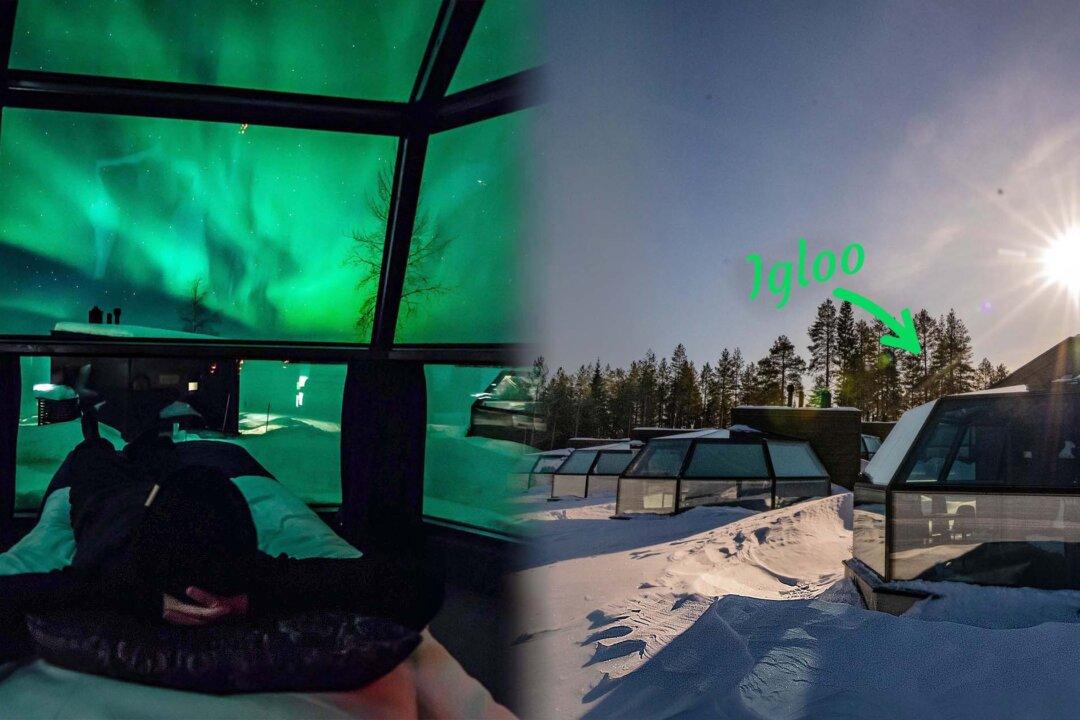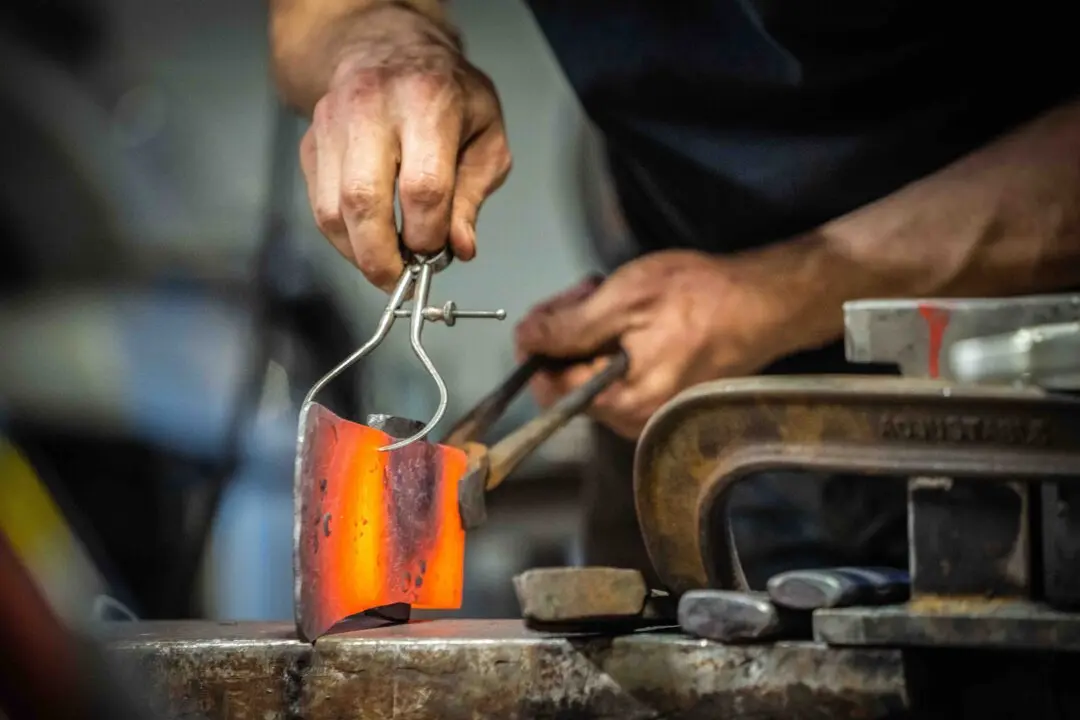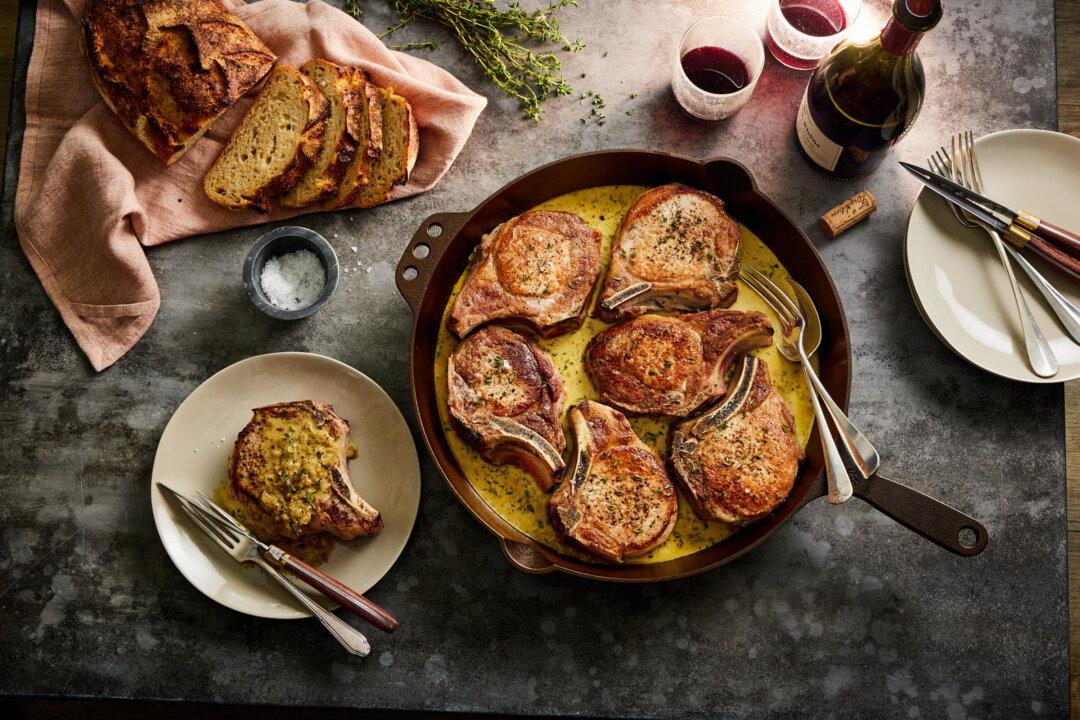Far from all the urban noise and city lights, a cluster of igloos rests on the shores of an Arctic lake. But they are no ordinary igloos; they’re made of glass.
Inside, guests nestle in snug beds and gaze up at a majestic, starry expanse with breathtaking auroras visible through the sky roof. Outside, wolverines, foxes, and beavers wander throughout the night, leaving tracks in the pristine white snow, while the only sound for miles is the hooting of owls.






